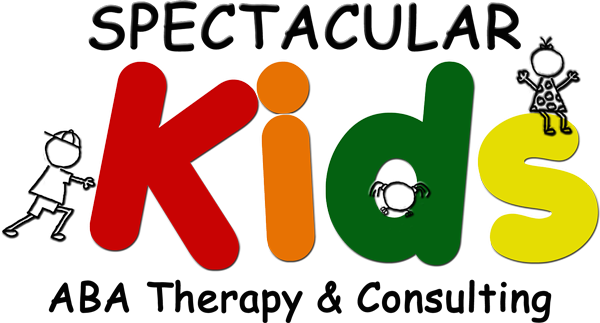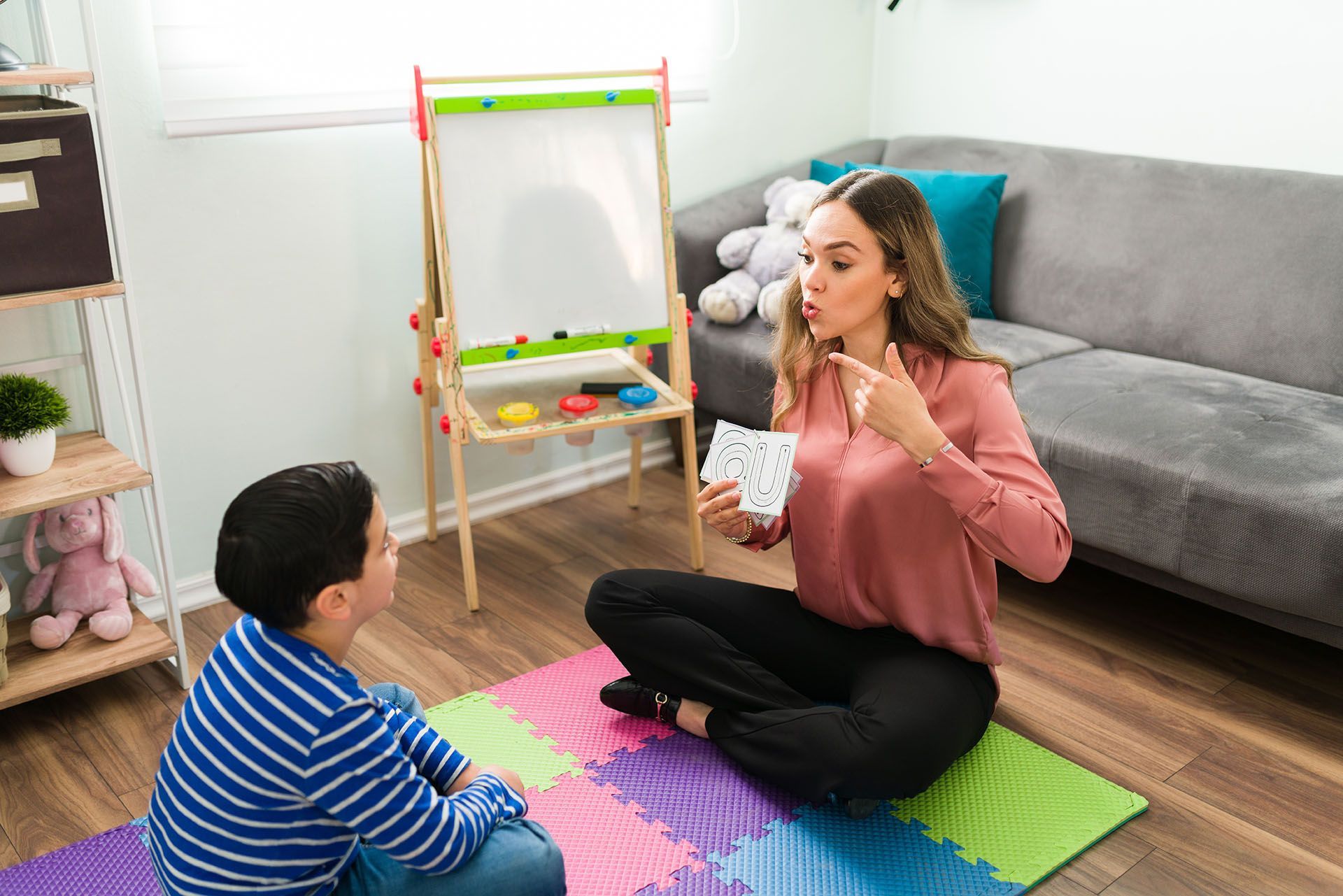Common Misconceptions About ABA Therapy Services
Applied Behavior Analysis (ABA) therapy is a standard therapy used to help children with autism develop the skills they need to thrive in various environments. According to Autism Parenting Magazine, up to 89.9% of parents who participated in a survey stated they saw improvement in their child’s communication with ABA therapy. This type of therapy can help children develop emotional regulation skills, social abilities, self-regulation, and more. However, there are several common myths about these therapy services.
Myth 1: ABA Therapy Is Only for Children
Children with autism do benefit from ABA therapy, and it’s common for professionals to see many young patients. However, people of all ages can enjoy the amazing advantages of this type of therapy. Teenagers and adults can also benefit from these sessions. This type of therapy can also be incredibly helpful as people transition from one life stage to the next.
Myth 2: ABA Therapy Is Only Concerned With Reinforcement
Many people think this type of therapy is all about positive and negative reinforcement. Looking at it that way, it may seem unnecessary to head to a professional when you can reward your child at home. However, ABA therapy is much more than that. It involves reinforcement techniques, but it also involves modifying the environment, using small steps to teach skills, and fading away rewards. Professionals use various methods to help patients transfer skills to multiple environments.
Myth 3: ABA Therapy Causes Emotional Repression
Another common myth about this type of therapy is that it teaches children to hide their unique traits and forces them to conform to everything others tell them to do. However, that’s not true. Therapy teaches people of all ages the life skills necessary to thrive in various environments. It helps celebrate the individual traits of every patient and helps patients learn to manage specific behaviors. Your child will still be their unique self.
Myth 4: There's No Need for Parental Involvement
Many people believe they will take their child to a professional for therapy, and the professional will do everything. They are worried they won’t be involved in the treatment. However, parent and caregiver involvement is crucial to success. This collaboration ensures the best possible outcome. Professionals may ask caregivers to help practice specific techniques at home to ensure continuous success.
ABA therapy is an innovative field that is constantly evolving. At Spectacular Kids ABA Therapy and Consulting, LLC, we work with patients with all kinds of needs to help them develop the skills they need to thrive. Contact us today to learn more.
Leave Your Comment
Recent Posts
NEED MORE INFO?
If your child was diagnosed with Autism Spectrum Disorder, find out how ABA Therapy might be able to help your family.

Our experienced team strives to offer a creative and engaging environment and the opportunity for children to learn, grow, and thrive.
Newsletter Subscription
We will get back to you as soon as possible.
Please try again later.
Quick Links
Our Contacts
Kingwood, TX: 2665 Royal Forest Dr., Suite B200, Kingwood, Texas, 77339
Missouri City, TX: 7435 Highway 6, Suite F, Missouri City, TX, 77459
Ph: (281) 713-8980
Email: [email protected]
Business Hours: Monday - Friday 8:00 a.m. - 5:00 p.m.

All Rights Reserved | Spectacular Kids ABA Therapy and Consulting, LLC | Website Design by True Digital Marketing





